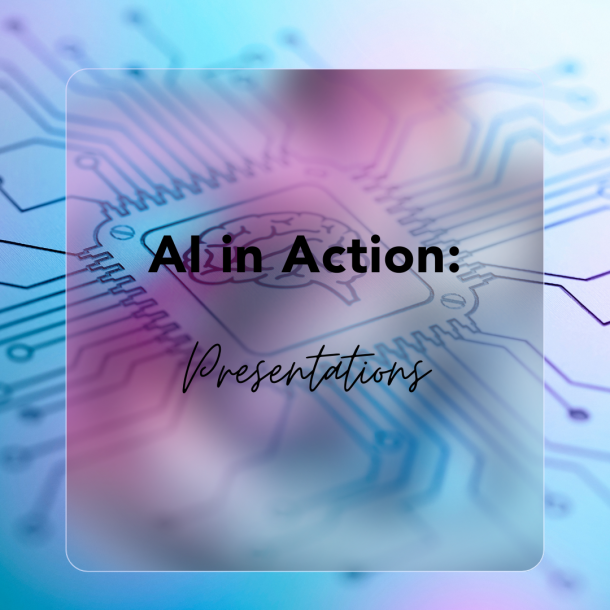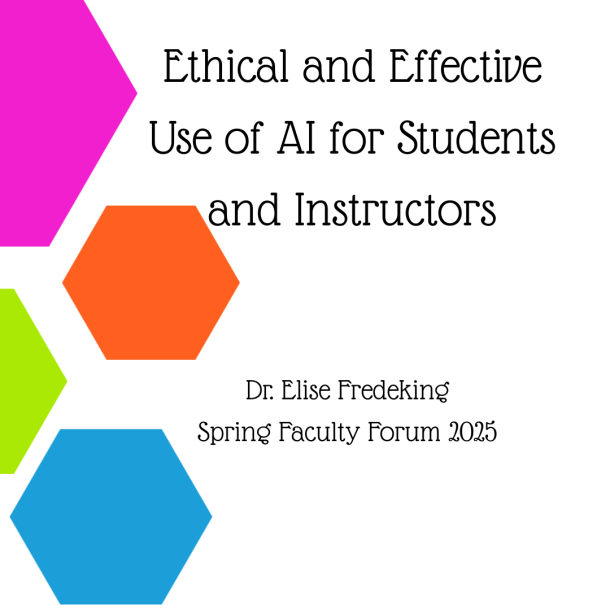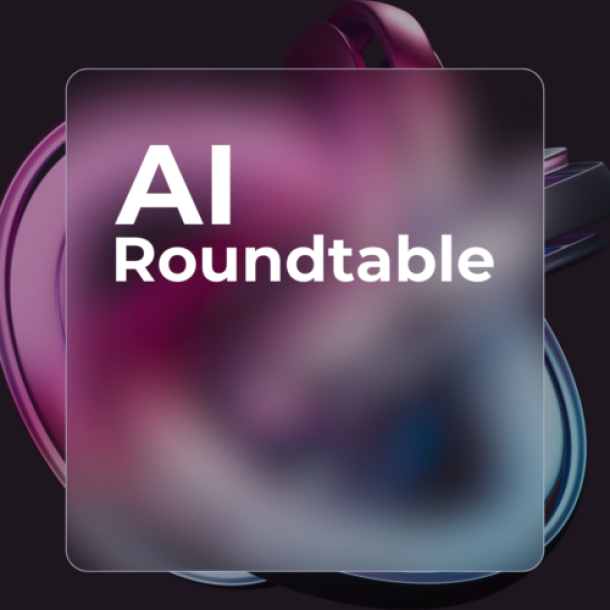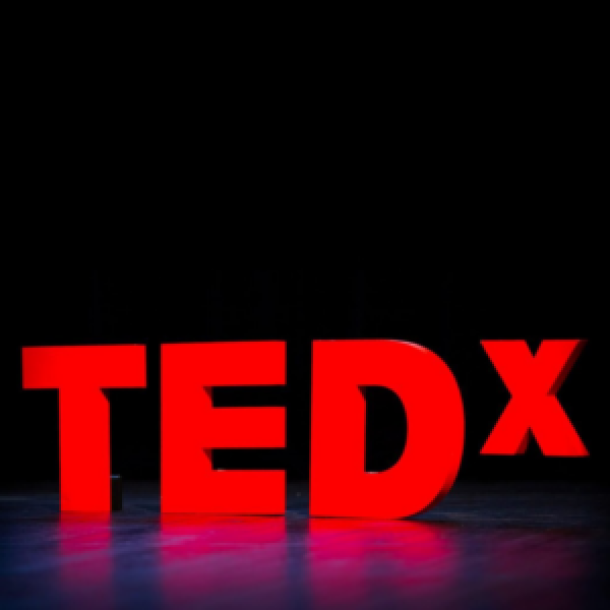Artificial Intelligence (AI)
Acknowledging AI’s profound impact on teaching and learning, the CITL is providing comprehensive training on AI and leading discussions on its implications for education. This initiative aims to foster reflection and dialogue among faculty, inspiring innovative integration of AI into teaching practices. Our emphasis is on creating student-centered learning environments that prepare students for success in an AI-driven world.
See here for the news.
Featured Resources
ChatGPT Assignments to Use in Your Classroom
Explore UCF’s open-source book on using AI to create learning experiences for your students.
AI for Education GenAI Chatbot Prompt Library
Explore a range of prompts to assist with lesson planning and administrative tasks using Generative AI chatbots such as ChatGPT, Claude, Gemini, and Perplexity.
An Essential Guide to AI for Educators Course
This FREE 2-hour, hands-on course is designed to help educators get started using ChatGPT to save time, engage students, and implement AI responsibly.
Knowledge Repository: Articles, Books, and More
-
AI Hacks for Educators
-
Teaching in the AI Era: Opportunities and Challenges with Dr. Kevin Yee Slideshow
-
Why Educators Must Understand AI (Even If They Don’t Use It)
-
Stanford University: AI-Detectors Biased Against Non-Native English Writers
-
AI Chatbots in Schools: Findings from a Poll of K-12 Teachers, Students, Parents, and College Undergraduates
-
How Artificial Intelligence is Transforming Higher Education
-
EDUCAUSE Library: Artificial Intelligence (AI)
-
7 Things You Should Know About Generative AI
-
39 Examples of Artificial Intelligence in Education
Learning Library: Videos and Tutorials
AI in Action Presentations
AI in Action Presentations
AI in Action Presentations
AI in Action Presentations
AI Fellows
The AI Fellows Program empowers faculty to lead the integration of AI into education. Fellows act as liaisons, facilitating the use of AI tools and methodologies in teaching and research. Through regular training and collaboration, Fellows ensure our institution benefits from cutting-edge practices, fostering continuous improvement and interdisciplinary collaboration.
Requirements
Participants will complete the following requirements:
- Complete the AI Fellows Orientation.
- Attend at least 6 monthly meetings with the AI Fellows.
- Participate in the CITL AI Competition (date and time TBA).
- Present an “AI in Action” topic to faculty.
- Attend at least 6 “AI In Action” presentations.
- Serve as an AI Mentor for departmental colleagues.
Timeline
August 29 – Application deadline
September 3 – Participant selection
September 4 – AI Fellows Orientation
October – April
- Plan, present, and attend “AI in Action” presentations.
- Attend monthly meetings with the AI Fellows.
- Participate in the coordination of the AI Competition.
Benefits
- Professional Development: Enhance teaching effectiveness and research productivity through exposure to cutting-edge AI technologies and methodologies.
- Career Advancement: Gain recognition as AI-literate educators and researchers, positioning themselves as leaders in their respective fields.
- Networking Opportunities: Connect with like-minded colleagues, industry professionals, and AI experts to foster collaborations and stay informed about industry trends.
- Access to Resources: Access a wealth of curated resources, tools, and support to facilitate the integration of AI into teaching and research activities.
- Impact on Students: Empower students with the knowledge and skills needed to thrive in an AI-driven world, preparing them for future career opportunities.
- Stipend: Receive a $1,000 stipend upon completion of the program requirements.
Academic Success and Retention
Dareen Anderson
Courtney Conn
Business
Jamie Curry
Wanjiku Jackson
Dr. Jerome Strutchen
English, Communications, and Social Sciences
D’Arcie Lennard-Chessher
Dr. Heather Hartness
Kandice Mollitiam
Dr. David Schjott
Dr. Jessica Temple
Humanities, Fine and Performing Arts
Dr. Dean Allen
Dr. Kevin Boston
Lesha Denega
Mathematics
Ryan Adams
Natural Sciences
Dr. Jean Mitchell
Nursing
Dr. Elise Fredeking
Dr. Andrea Hefner
Michele Reed
Testing and Accommodations
Julie Payne






